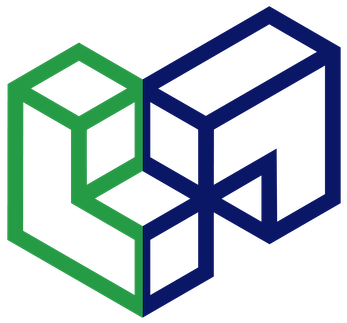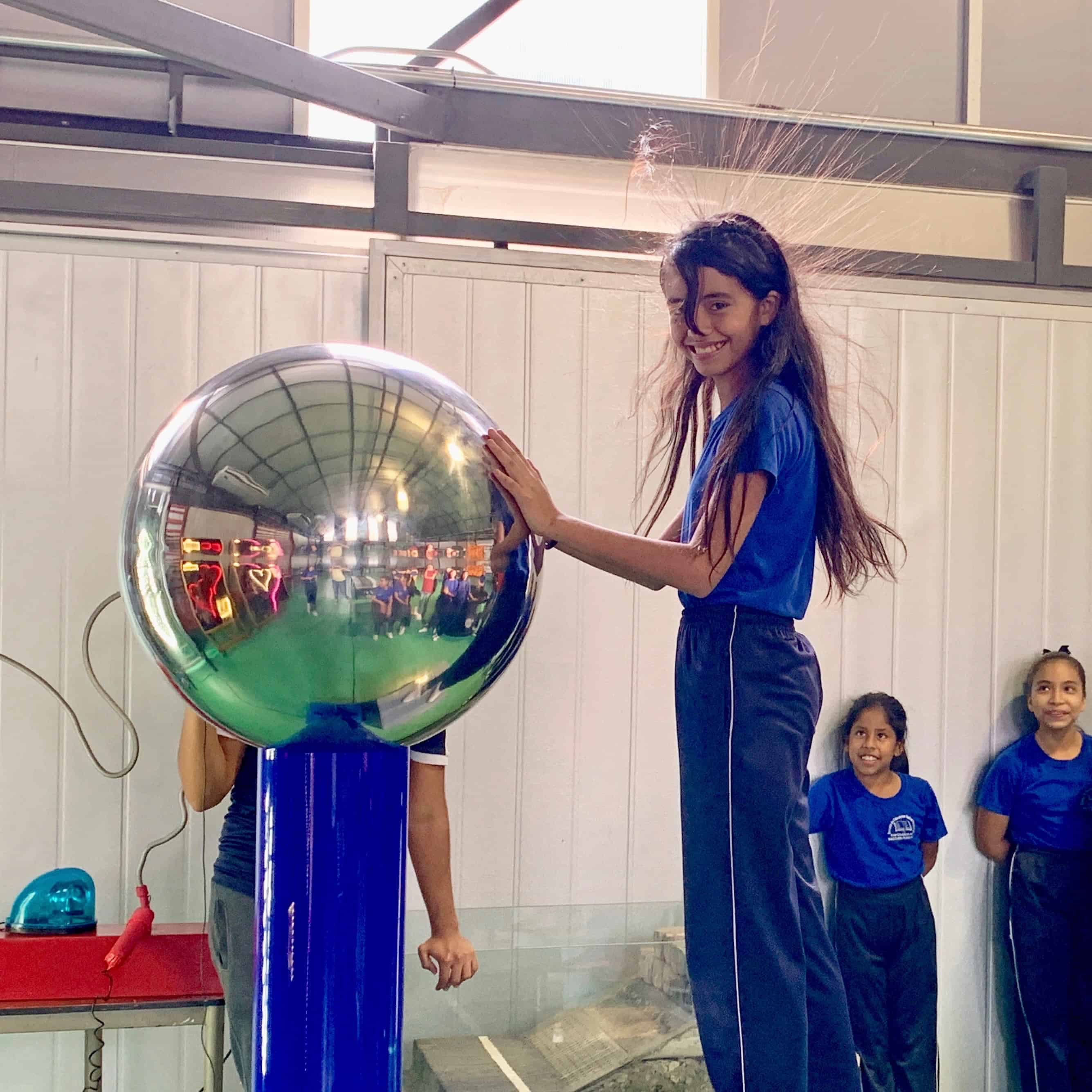Our Programs
Our grassroots programs are designed together with our partners in response to the needs they articulate. Each program aims to include three foundational components: instructional support, quality resources, and collaborative spaces. We believe this combination strengthens teacher practices, leading to positive outcomes for their students. When students are equipped with the critical-thinking skills that come from a deep understanding of math, they can solve real-world problems and build social justice in their communities.

Instructional Support
We design training programs that honor teachers’ ability to direct their own learning. Their educational goals guide the partnership. Coaching sessions using our evidence-based Principles of Effective Teaching provide alternative ways of understanding and solving math tasks within the local context. Ongoing feedback related to classroom implementation supports advancement in teachers’ instructional practice and deepens student learning.

Quality Resources
Our programs introduce teachers to quality education resources in math that can be adapted to their local context. These tools motivate students, promote reasoning, and often ground learning in realistic contexts and situations. Like our Global Math Stories, they inspire student collaboration while being accessible and culturally relevant. We support teachers as they use the resources to implement best practices.

Collaborative Spaces
Teachers in our partner countries often don’t have opportunities to collaborate with other educators. We create spaces for them to learn side-by-side in building their understanding of best instructional practices. As teachers form supportive, professional networks, they become change agents in their schools and gain the skills to lead with impact. Large-scale, transformative collaboration becomes possible as education communities expand.
Our Principles of Effective Teaching
Education experts agree that the most effective form of classroom teaching places students at the center. Student-centered learning replaces the teacher as the source of knowledge with students actively discovering knowledge for themselves. Students identify what they want to learn and how they’re going to learn it.

Our Theory of Change
Our theory of change describes the logic behind our strategic operations and their connection to the desired long-term outcomes. We serve local educators in the US, Guatemala, and Ecuador through collaborative partnerships to generate a change in math teaching practices and leadership. When these behavior shifts happen, they strengthen student critical-thinking skills and ultimately drive greater social justice.